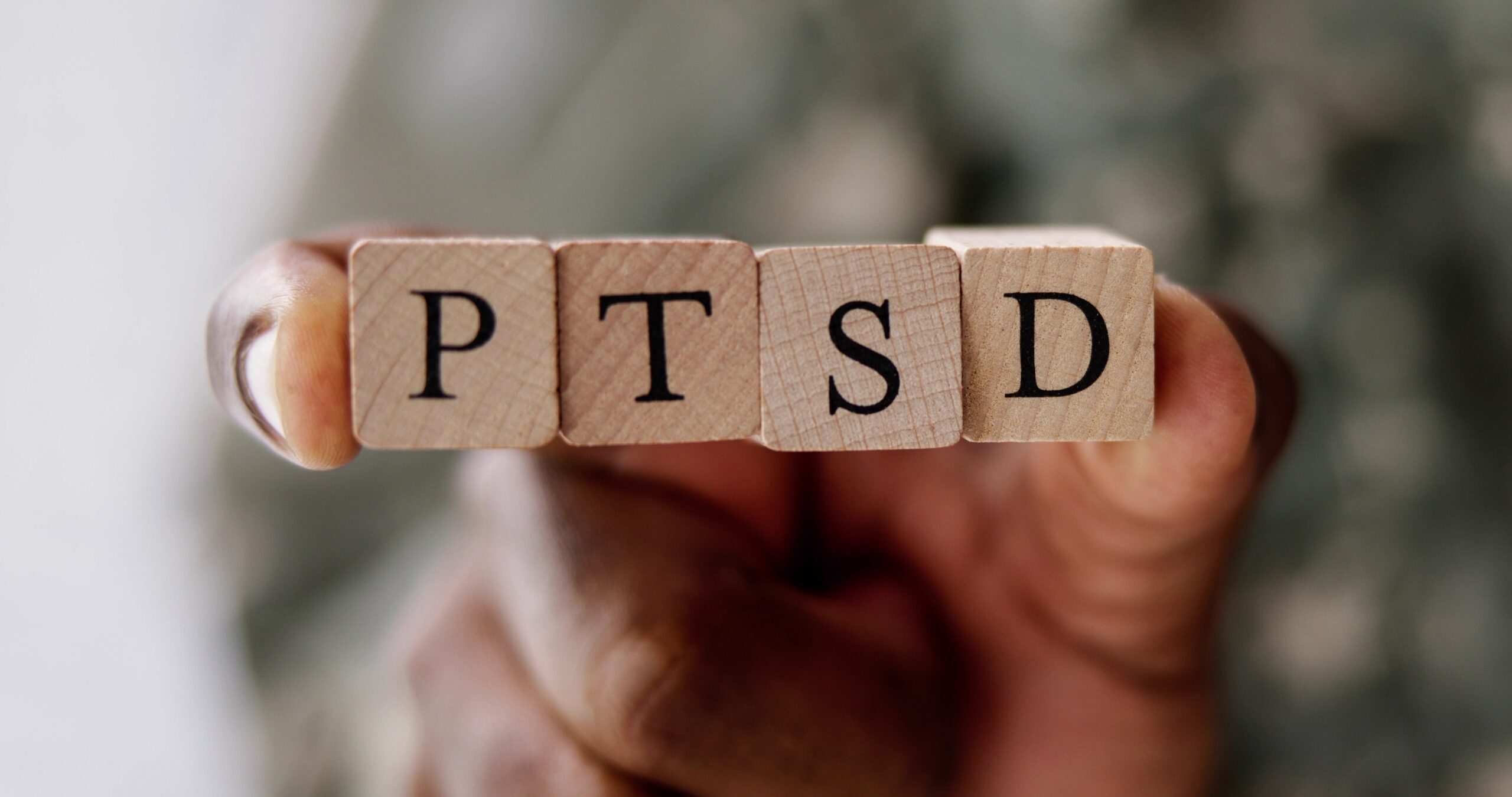
If you’re a veteran living with Post-Traumatic Stress Disorder (PTSD), every day may feel like a challenge. The flashbacks, nightmares, and constant feeling of being on guard can make it impossible to live a normal life. You’ve earned the right to heal, and you deserve the VA disability benefits that can help you do just that.
The Department of Veterans Affairs (VA) recognizes PTSD as a legitimate mental health condition eligible for disability compensation. But understanding how to file, what evidence you need, and how to navigate the system can be challenging. This comprehensive guide will help you understand what PTSD is, how it’s connected to your military service, and what you need to do to file a successful VA disability claim.
Everyone experiences stress. It’s a normal human response to difficult situations. But PTSD is different. It is a serious mental health condition that can develop after you’ve experienced or witnessed a traumatic event. It’s not a sign of weakness; it’s a normal reaction to a highly abnormal situation.
Unlike a normal stress response, PTSD symptoms do not go away on their own. Instead, they get worse over time and can make it very hard to function in your daily life. The core symptoms of PTSD include:
If you are experiencing these symptoms, it’s a strong sign that you may have PTSD and should seek a professional evaluation. PTSD is often linked with other conditions like anxiety and depression, and it’s important to get a comprehensive assessment that looks at all of your mental health challenges.
Yes, absolutely. This is the most critical piece of information for any VA mental health claim, including PTSD. The VA requires a formal diagnosis of PTSD from a licensed mental health professional. A diagnosis proves that a real, recognized condition is impacting your life. It is the foundation of your claim. Without a current, official diagnosis, your claim will likely be denied because the VA has no recognized condition to evaluate. While some veterans with PTSD receive their diagnosis through the C & P exam, many are diagnosed incorrectly or provided an inaccurate diagnosis through this process. Approaching your claim with a diagnosis in hand, with a high quality report written by a skillful provider, will put you in the best position for the VA to acknowledge your condition.
Once you have a diagnosis, the next critical step is to prove that your PTSD is service-connected. This means your PTSD either:
For a PTSD claim, you must also identify a specific in-service event or stressor. For combat veterans, this can be combat exposure. For others, it could be a military sexual trauma (MST), a serious accident, or a stressful work environment. For most PTSD claims, you will need a professional medical opinion, often called a nexus letter, from a qualified mental health professional. This letter must state that your PTSD is “at least as likely as not” (meaning a 50% or greater chance) connected to your military service. This expert opinion is what bridges the gap between your diagnosis and your time in uniform.
A strong PTSD claim should include a comprehensive file of evidence to support your case. This includes:
A common misconception is that you can only get a PTSD rating if you were in combat. That is not true. The VA recognizes that a wide range of events can cause PTSD, including:
In all of these cases, a strong personal statement and a nexus letter or IMO are crucial for presenting the strongest case for the service connection.
It’s very common for mental health conditions like PTSD to manifest or worsen years after a veteran has left the military. This doesn’t mean you can’t get service-connected. However, it makes a strong nexus letter or IMO even more critical.
The medical professional writing your IMO must explain why there was a delay in symptoms or diagnosis. They can connect your current PTSD back to in-service stressors, even if those symptoms weren’t immediately apparent. The VA recognizes this phenomenon, but you must provide the medical evidence to prove it.
The VA rates mental health conditions, including PTSD, based on their overall impact on your social and occupational functioning. They provide a single mental health rating that reflects the most severe symptoms you experience.
The VA’s rating schedule uses percentages from 0% to 100%. The symptoms they consider include:
A thorough mental health assessment and IMO will meticulously document these symptoms and their severity, directly correlating them to the VA’s rating criteria.
A denial is not the end of your journey. Many initial claims for PTSD are denied. If this happens, you have options:
Navigating the VA disability claims process, especially for a complex mental health condition like PTSD, can be overwhelming. You’ve given so much for our country, and you deserve expert guidance to secure the benefits you’ve earned.
At VMHA, we specialize in providing comprehensive Independent Medical Opinions (IMOs) for veterans. Our team of experienced, doctoral-level psychologists understands the nuances of PTSD in a military context and is intimately familiar with the VA’s specific requirements. We conduct thorough assessments that:
Don’t let the complexity of the VA system prevent you from getting the support you need. If you’re a veteran struggling with PTSD, depression, or anxiety, we are here to help you get the benefits that will enable you to live a better quality of life.
Ready to take the next step?
Contact us today to learn how our Independent Medical Opinions can help you with your VA disability claim for PTSD.
Want to find out if we can help you now? Take our mental health quiz and we’ll let you know.
Email us at info@vmhaforvets.com or call us at 214-307-2198.
How To File A Strong VA Claim For PTSD And Improve Your Rating
Filing a mental health claim? Here’s what you need to know
Filing a PTSD Disability Claim? Essential Steps For Your Success
VA Disability Claim Help: Top 5 Mistakes to Avoid

